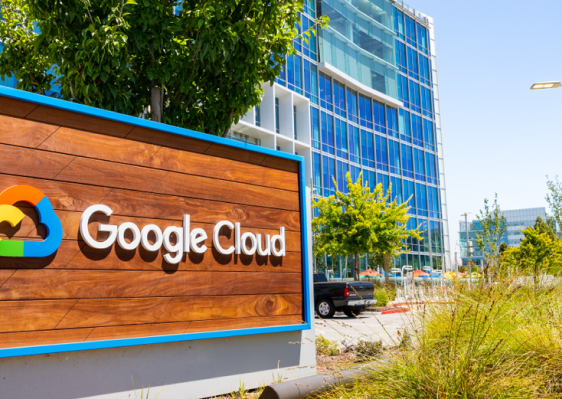Cloud computing

This piece discusses how cloud computing has transformed IT infrastructure by shifting from ownership to on-demand access. It covers essential concepts, service models, benefits, challenges, and deployment options, emphasizing its role in fostering agility, efficiency, and innovation in the technology sector.
DetailsA Brief History of Amazon Web Services

Explore the transformative journey of Amazon Web Services (AWS) from inception to global dominance. Witness key milestones like the launch of EC2 in 2006 and expansion into Big Data with Redshift in 2012.
Experience AWS's global impact and its role in shaping the future of...
AWS Certification Path

AWS Certification is a program that validates your expertise in cloud computing using Amazon Web Services (AWS). It offers a range of certifications for different roles and skill...

Start your journey in AWS Cloud with us
AWS Cloud is a versatile and scalable cloud computing platform by Amazon Web Services, providing a broad range of on-demand services. Users access resources such as storage, databases, and analytics, paying only for what they use. A solid knowledge base on AWS services is crucial for success in exams like AWS Certified Cloud Practitioner, Developer or Solutions Architect. Focus on key services like EC2, S3, RDS, VPC, IAM, and Lambda.
Alongside an extensive repository of information and hands-on guides for AWS services, you'll discover practical preparation tests tailored for AWS Certification exams.
Practical tests are a valuable tool in the preparation for AWS certifications, offering a holistic approach to learning, assessing, and refining the knowledge and skills required for success in the actual exams.
Details
Start your journey in Google Cloud with us
Google Cloud is a leading cloud computing platform that provides a diverse set of services and infrastructure for businesses and developers.
Offering solutions in computing, storage, databases, machine learning, and more, Google Cloud enables users to build, deploy, and scale applications efficiently. Its global network spans data centers across the world, ensuring low-latency access and high availability. Key services include Google Compute Engine for virtual machines, Cloud Storage for scalable object storage, and BigQuery for analytics.
Google Cloud emphasizes innovation through its machine learning and artificial intelligence capabilities, making it a robust choice for organizations seeking advanced data processing and analytics solutions.
Details

